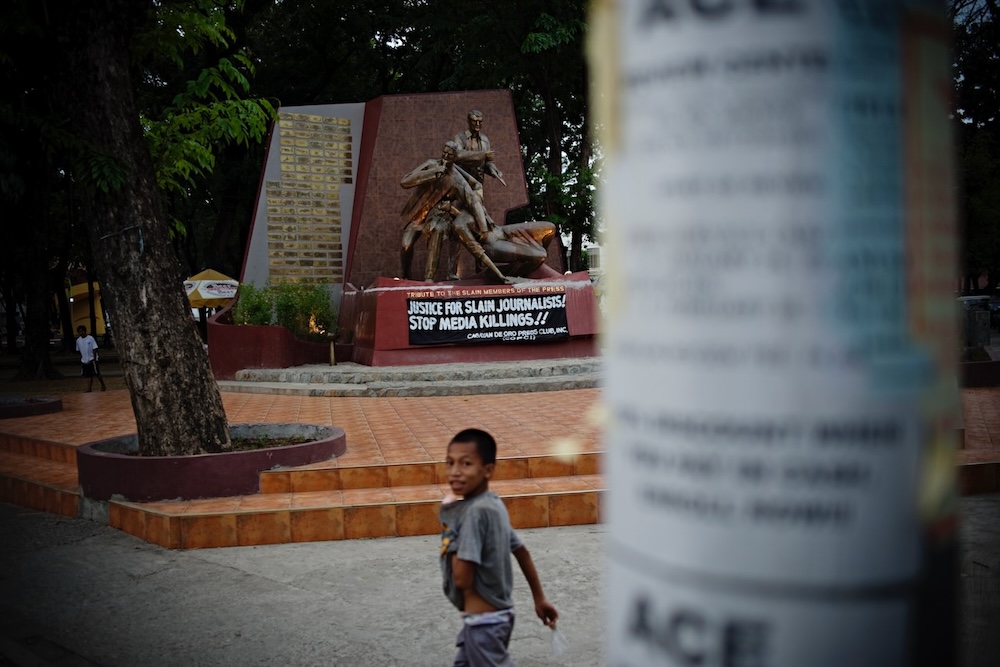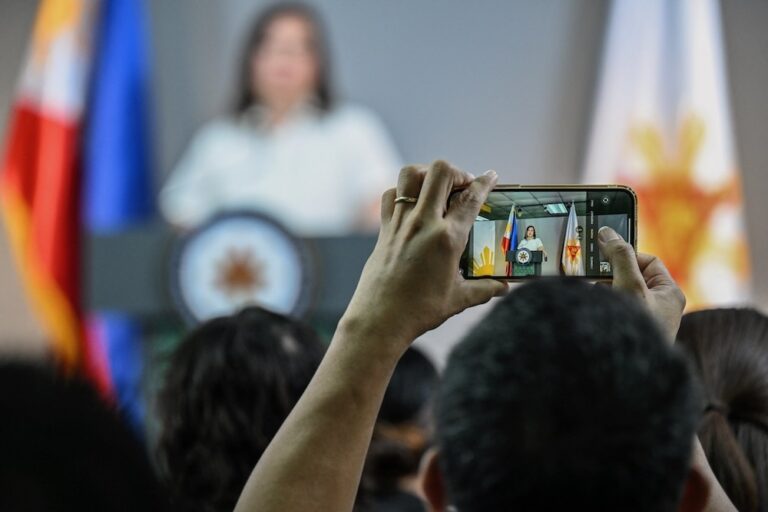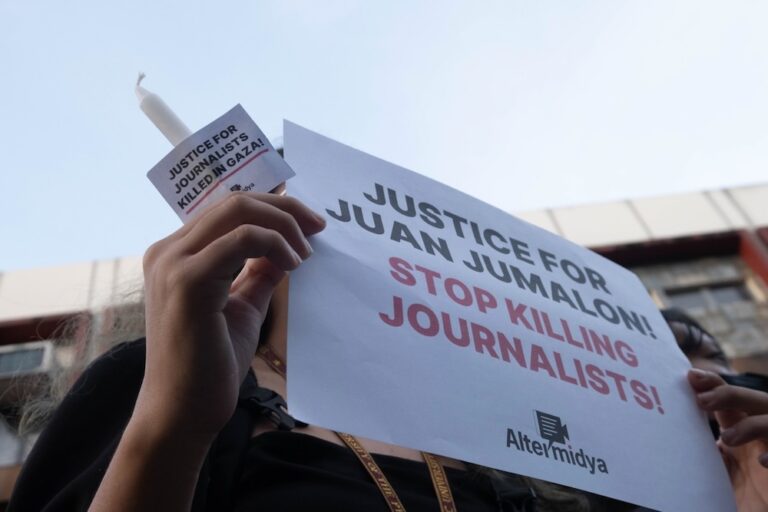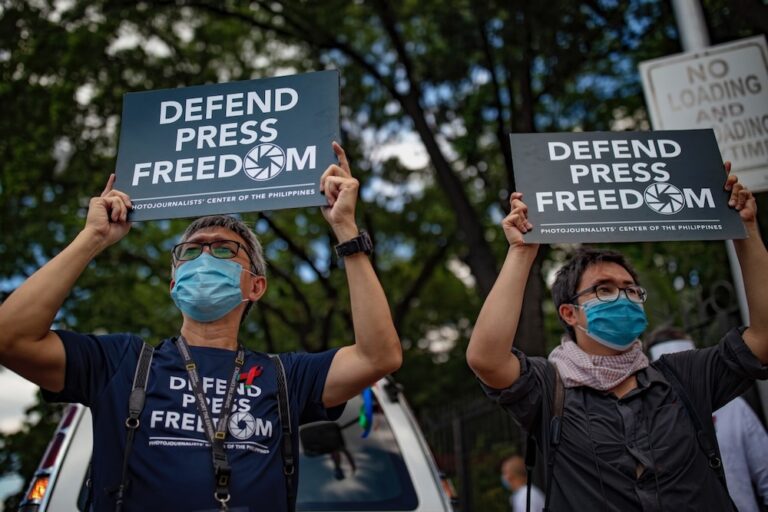A fictitious account exposed the personal data of two members of the Cagayan de Oro press club.
This statement was originally published on cmfr-phil.org on 7 November 2024.
The Cagayan de Oro Press Club Inc. (COPC) expressed “deep concern” on Saturday, November 4, over the doxxing of two of its members.
In a statement, the COPC said a “fictitious Facebook account” exposed the personal data of members Menzie Montes and Cong Corrales, an act that not only violates Philippines laws but also exposes the two journalists and their families to potential danger.
The documents, the press club noted, apparently came from the Cagayan de Oro City Housing and Urban Development Department.
Doxxing is the public disclosure by anonymous perpetrators of the “private, personal, and sensitive information” of their targets. The group said the practice violates both the Data Privacy Act and the Cybercrime Prevention Act of 2012.
According to COPC, the perpetrators of the doxxing wrongly implied that journalists like Montes and Corrales who benefit from government programs such as housing should spare the government from their criticism.
The group intends to file charges against the perpetrators. They have urged the city housing office as well as the local government to help in identifying the anonymous Facebook user.
In October, several government databases were hacked and their security measures breached. Journalists, like any Filipino citizen, should be able to entrust with government their personal data without fear of repercussion. This incident further underscores the need for enhanced cybersecurity measures for all data collected by the government.
Journalists like other citizens can receive government services and benefits. They should also be able to transact or deal with government agencies as necessary without fear that that such matters will be made public. More important, journalists who receive any service or benefit, like other citizens, do not owe government special favors, such as favorable coverage.



